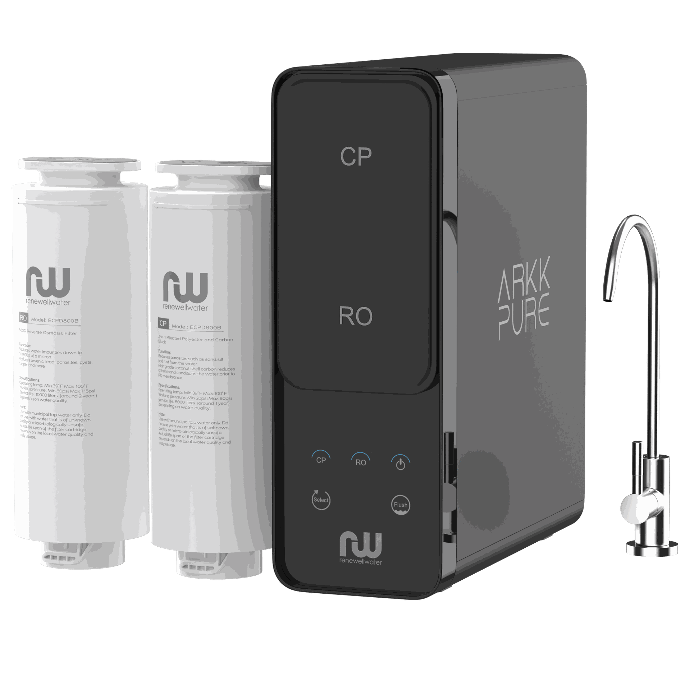Is RO harmful to the environment?

Energy Consumption:
RO systems require energy to push water through a semipermeable membrane to remove impurities. The amount of energy required can be substantial, especially for large-scale industrial applications. This energy consumption can contribute to greenhouse gas emissions if the energy source is fossil fuels.
Concentrated Waste:
As water is pushed through the RO membrane, impurities are removed, leaving behind a concentrated brine or wastewater stream. The disposal of this concentrated waste can be challenging. If not managed properly, it can harm local ecosystems when discharged into bodies of water.
Resource Intensive:
The production and maintenance of RO membranes and systems can be resource-intensive, requiring raw materials and energy for manufacturing and transportation. The environmental impact of these processes depends on factors like the source of materials and the efficiency of manufacturing.
Habitat Disturbance:
The extraction of water from natural sources for RO treatment can potentially harm aquatic ecosystems if not managed sustainably. Over-extraction can lead to habitat disturbance and negative impacts on local wildlife.
Long-Term Sustainability:
In areas where water resources are scarce, the widespread adoption of RO technology can raise concerns about the long-term sustainability of water sources, as it may encourage excessive water consumption.
It’s important to note that the environmental impact of RO systems can vary significantly depending on factors such as the scale of operation, the source of water, the efficiency of the technology, and the management of waste streams. Efforts are being made to mitigate these impacts, such as improving the energy efficiency of RO systems and developing better methods for managing brine waste.

In summary, while RO technology can provide a valuable means of purifying water, it is not without its potential environmental concerns. These concerns highlight the importance of implementing sustainable practices, efficient technologies, and proper waste management strategies to minimize the negative environmental impacts associated with RO systems.
Is Reverse Osmosis Harmful For The Environment?